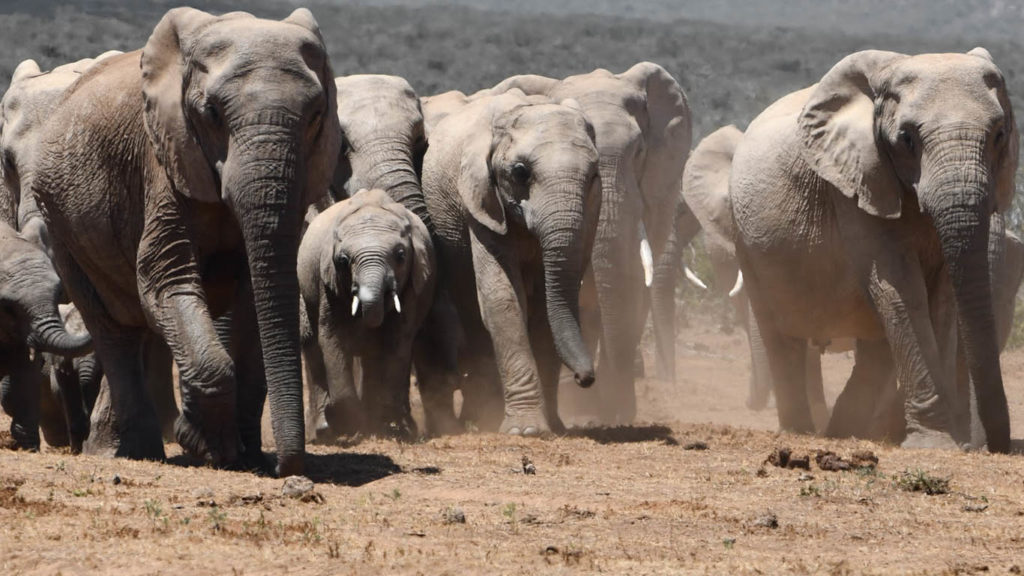Recently, we told you about a deadly drought which is devastating the wildlife of the Addo Elephant National Park in South Africa. To help the animals survive, we have been installing waterhole pumps across Addo’s vast terrain (633 square miles or 1,640 square kilometers) to provide water, helping to ensure the survival of many species.
In 2021, your donations helped us install state-of-the-art solar-powered water pumps to keep Addo’s main camp waterholes full (with great success!).
Experiencing a severe lack of water in Darlington, the northern-most part of the park, Addo turned to us again to help provide elephants and other wildlife in the region with their most URGENT need… WATER.
We acted immediately, rushing a team to the region. Fortunately, our investigation showed an immense water reservoir lying deep beneath the surface.
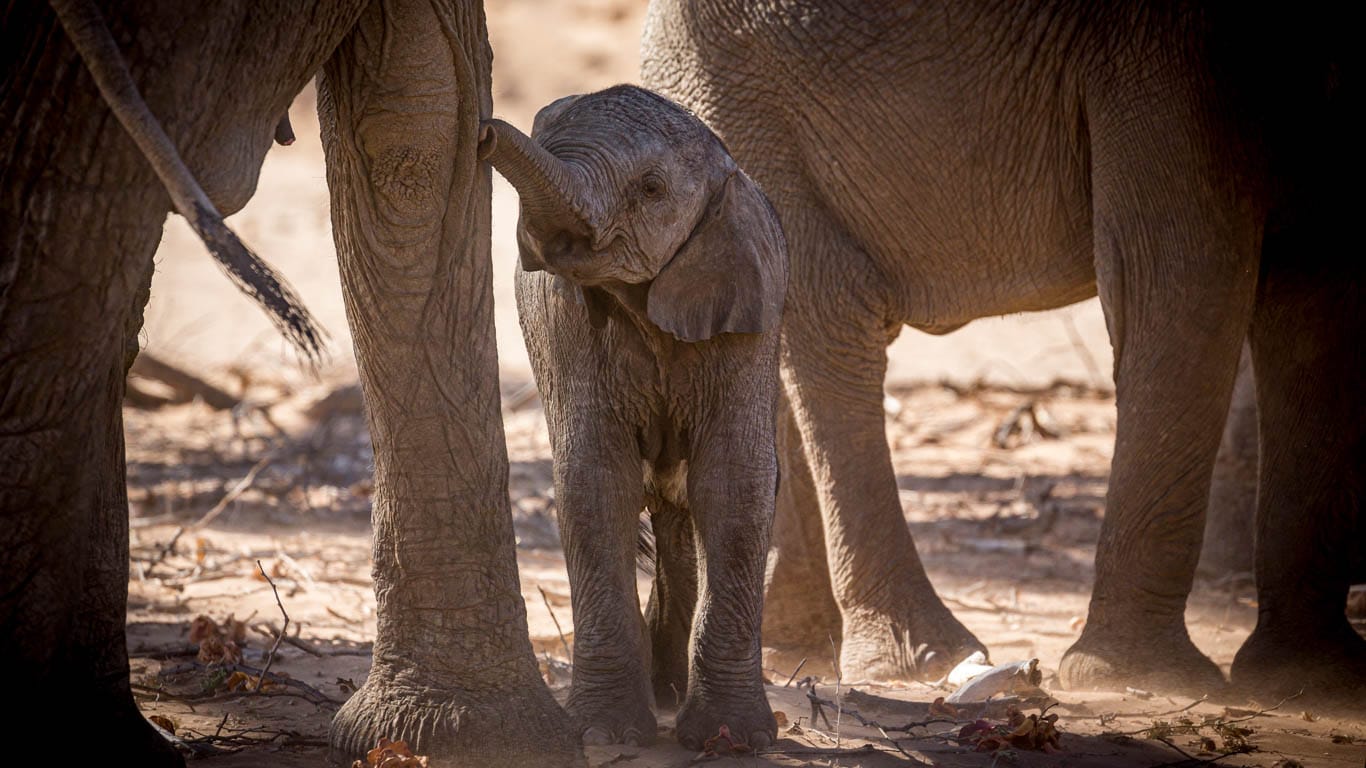
“We discovered that if we drill down 115 feet (35 meters), we can provide 1,320 gallons (5,000 liters) of water an hour – an enormous boon for the animals that could be the difference between life and death,” says campaign director, Luke Barritt.
ASI knew that we needed to act FAST to ensure that sufficient water flowed once more for the desperately thirsty animals of Darlington. But we needed to obtain costly equipment in order to access this water…
Through your support, we have managed to rush emergency funds to Addo so that they can install the area’s boreholes with life-giving solar-powered water pumps. Until recently, diesel-powered water pumps would have been used, but in these days of climate change, we must provide a cleaner solution – solar-powered water pumps, because they are non-polluting. These pumps are also quieter, an important factor because wild animals get easily stressed by noise.
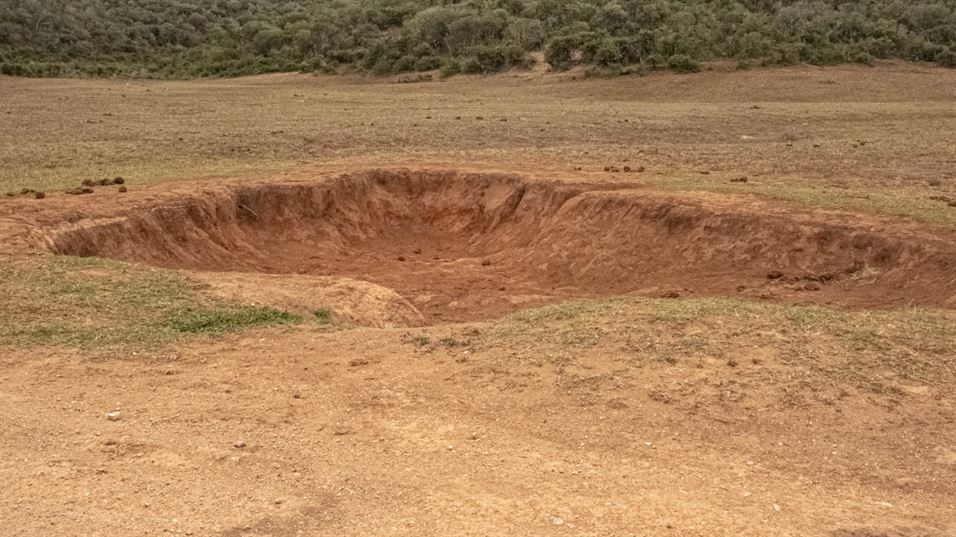
This project is a success, but our work in Addo is FAR from over. The park is situated in South Africa’s Eastern Cape province, which because of climate change is battling its worst drought in 100 years…
If we can raise more funds for additional solar-powered pumps, we can give Addo’s Darlington elephants and other wildlife even more water for them to be able to drink and bathe to their heart’s content. Please, will you help us make our long-term solution for Addo’s wildlife a reality?
The speed at which global temperatures are rising is terrifying, and water is becoming increasingly scarce as droughts become more frequent, intense, and longer-lasting. We work with this issue every day, and every day, we become more alarmed by how serious water shortages are for animal survival. Prolonged dry spells pose life-threatening consequences to African elephants, the largest land mammals on the planet, who can drink up to 200 liters (around 50 gallons) of water daily. Water is also crucial for them to stay calm and do what elephants love to do – wallow in mud.
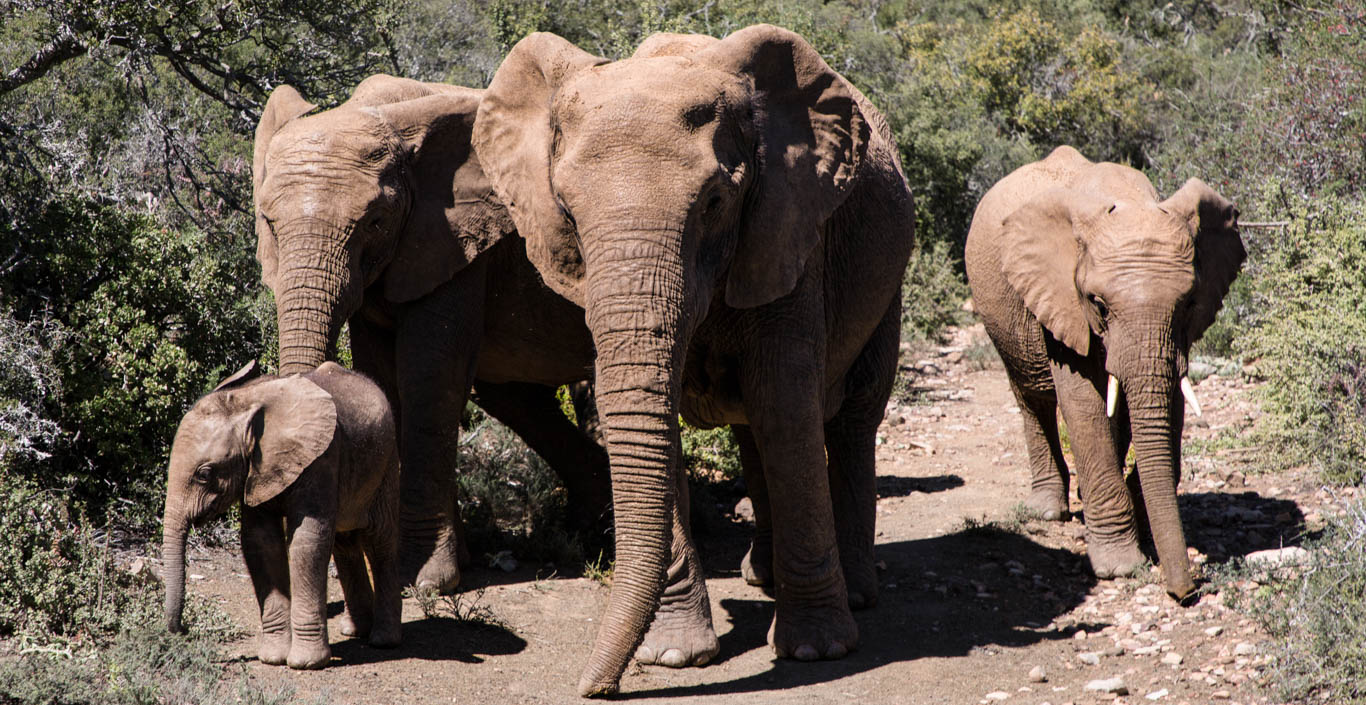
Friend, the water shortage in Addo is especially poignant for us. In 2018, our supporters financed the successful relocation of a 28-strong elephant family to Darlington to ease pressure on the park’s central region. Before the relocation, no elephants had lived in Darlington for over 150 years, after being hunted to extinction.
We named the family the “Davies herd” after our founders, Brian and Gloria Davies, who are passionate about these magnificent creatures. We could not turn a blind eye as the elephants desperately searched for their most critical life source, only to find empty waterholes and bone-dry riverbeds.
African savanna elephant populations have dwindled by at least 60% over the last 50 years. They are now listed as endangered by the International Union for Conservation of Nature’s (IUCN) Red List of Threatened Species. The biggest threats faced by these giants are habitat loss, human-wildlife conflict and wildlife crime – primarily, poaching for the illegal ivory trade. Despite anti-poaching efforts, the animals remain at greater risk of extinction than ever before…
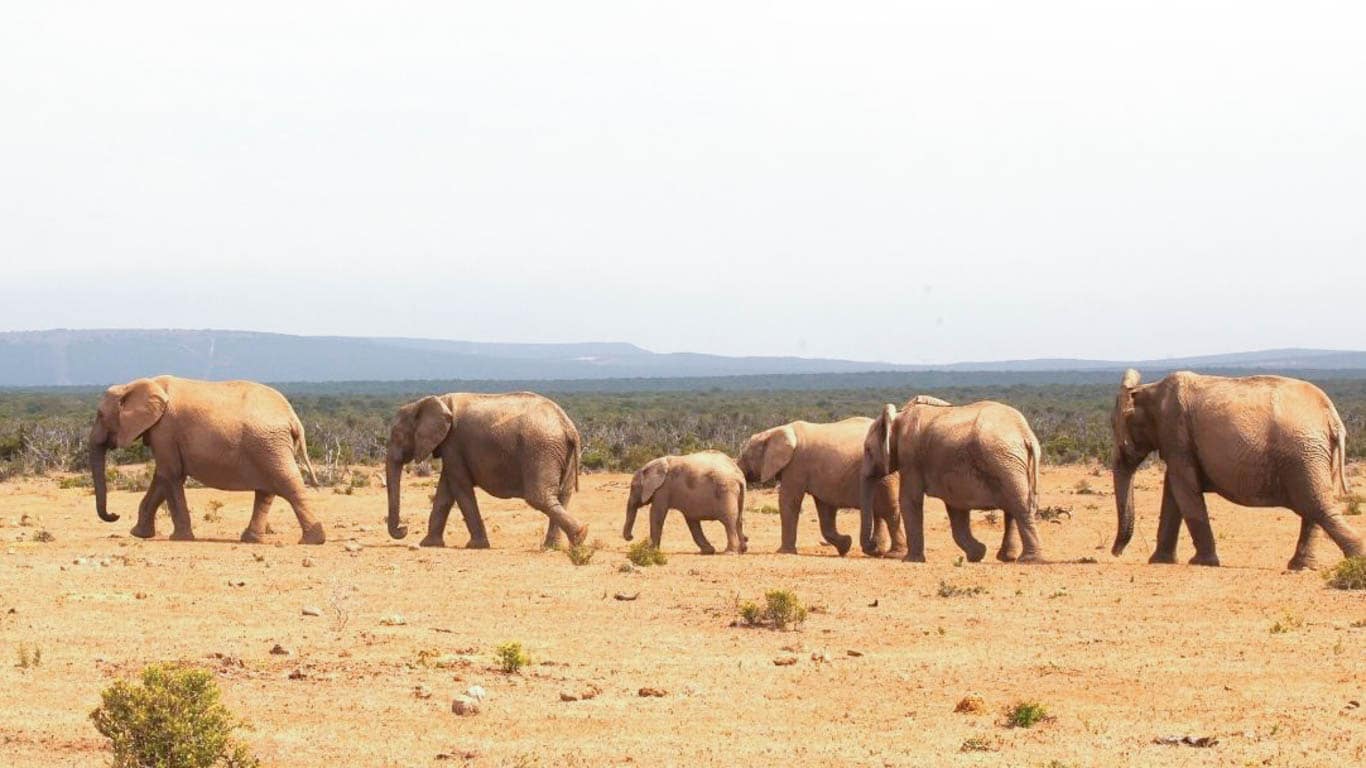
There are only about 415,000 elephants left across the continent of Africa. Just under 100 years ago, there were more than 10 million.
About 600 elephants roam Addo. We must do everything in our power to protect and preserve these wonderful creatures by providing them with water, their most fundamental need. Will you stand with us as we continue to fight for the survival of Addo’s precious wildlife? Please, donate today.

